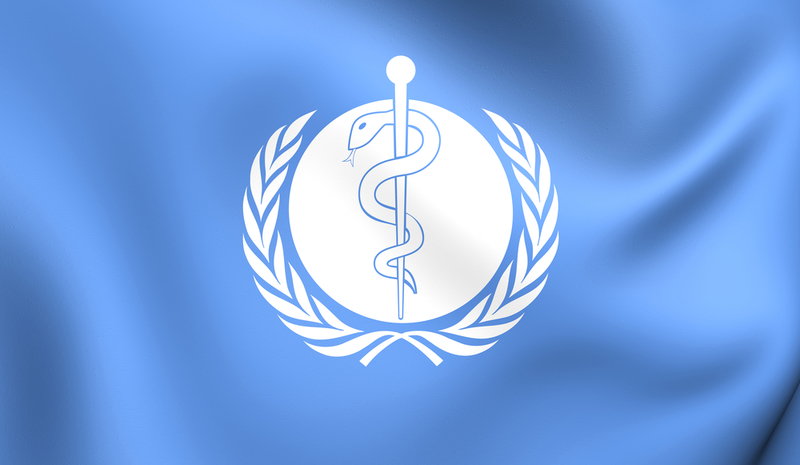Access to vaccination key to preventing birth defects: WHO
IANS Mar 04, 2020
To prevent birth defects, health authorities should ensure all women and girls have access to vaccination throughout their lives, as well as good quality antenatal care, said a top World Health Organization (WHO) official on March 3.

Across WHO's South-East Asia Region which includes India, vaccine against rubella, a disease that can cause several birth defects, is now included in national immunisation programmes. Though all countries in the region provide routine rubella vaccination, the average coverage is 83 per cent, WHO Regional Director for South-East Asia, said in a statement. "Achieving full coverage will have a substantial impact on the incidence of birth defects caused by congenital rubella syndrome," she said.
Every year, eight million children globally are estimated to be born with a birth defect. The most serious defects include heart defects, neural tube defects and Down syndrome. Birth defects are responsible for the death of an estimated 3 lakh newborns annually, 90,000 of them in the South-East Asia Region. The mortality and life-long disability birth defects can disproportionately affect low- and middle-income countries.
Services that provide micronutrient supplementation can help pregnant women nourish their foetus, while healthy lifestyle counselling can help them avoid harmful products such as tobacco and alcohol, she said on the occasion of World Birth Defects Day on Tuesday.
Second, to detect birth defects, health authorities should ensure all families have access to facilities with adequate screening capacity, the WHO official said. Screening before and during pregnancy, including with ultrasound, is vital to detecting birth defects, including major abnormalities. Neonatal screening can detect common metabolic disorders, in addition to heart defects and other congenital disorders. Early detection is crucial for a child's life-long health and well-being.
Third, to treat birth defects, health authorities should ensure all families have access to appropriate services. "Early interventions can be life-changing for children with disorders that put them at risk of physical, intellectual, visual or auditory disabilities, as well as for children with defects that have a functional impact," she said.
-
Exclusive Write-ups & Webinars by KOLs
-
Daily Quiz by specialty
-
Paid Market Research Surveys
-
Case discussions, News & Journals' summaries